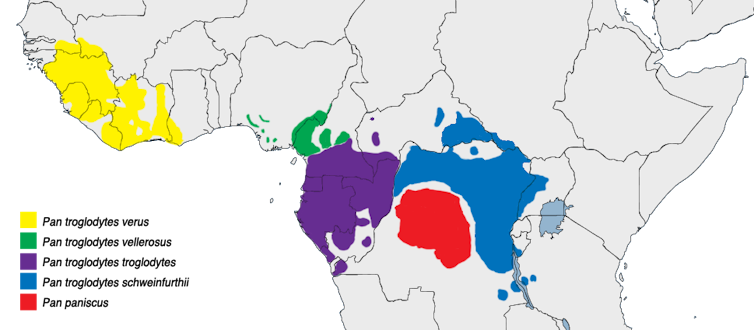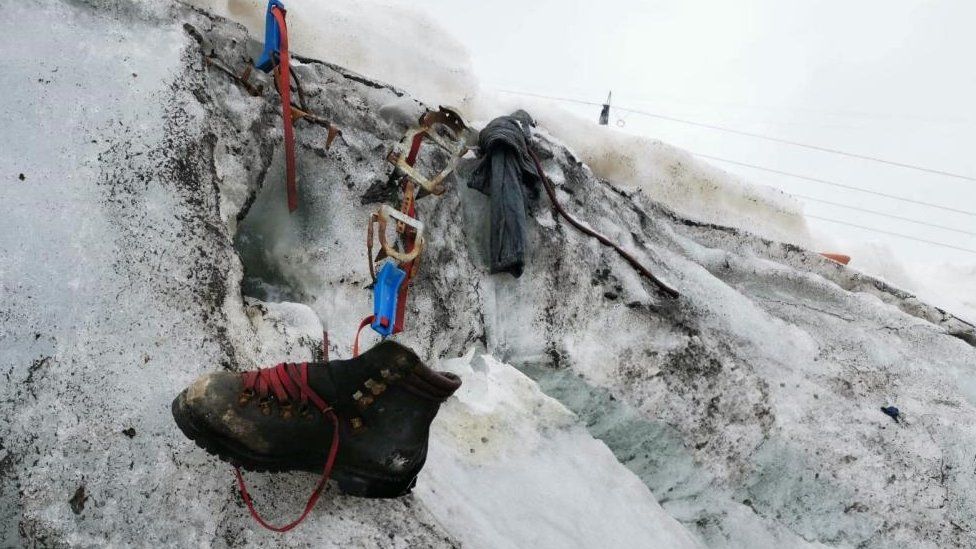Senate Republican COVID
Senate Republicans unveiled their new COVID-19 stimulus and aid package,巴西彩票种类 a $1 trillion omnibus bill designed to keep the country afloat for a little while longer.
This bill, which as with all the other stimulus packages has a cute name (this one is the HEALS Act, standing for Health, Economic Assistance, Liability and Schools), is the much-delayed Republican response to the Democrat-penned HEROES Act which passed the House way back on May 15th. Most likely, the two parties will debate and end up somewhere in between the two proposals. So what does the HEALS Act do for food and agriculture?

The HEALS Act comes in at around $1 trillion, which is only a third the size of the HEROES Act. The HEALS Act provides about $20.5 billion specifically for agriculture; this is less than the HEROES Act, which set aside $16 billion for agriculture but also allowed for an additional $33 billion in increased spending power for various other programs inside the act.

A major difference between the two bills is that the HEALS Act includes very few stipulations on how the agriculture money should be spent. In HEALS, that $20 billion goes to the USDA to distribute largely as it sees fit. In comparison, the HEROES Act specifically gives a direct payment of $0.45 per gallon to biofuel producers who produced biofuel in the first half of 2020, or $0.225 per gallon produced the previous year if that producer shut down.

The HEALS Act, on the other hand, has no language at all about biofuels. It doesn’t exclude them, either, but reporting indicates that USDA Secretary Perdue has not committed to specifically funding biofuel producers. That’s a big deal, given that 40 percent of the American corn crop is used for biofuels. As with much of the agriculture provisions in the HEALS Act, there’s very little guidance as to where the $20 billion should go, note sources interviewed by Progressive Farmer.
The text of the bill, in fact, simply says that this $20 billion should go “to prevent, prepare for, and respond to coronavirus by providing support for agricultural producers, growers, and processors impacted by coronavirus,” and then names a few of those who might be impacted and thus included. On top of that, there’s some money for largely administrative governmental fees, including salaries and expenses at the Farm Service Agency, the Foreign Agricultural Service, the Animal and Plant Health Inspection Service, and various rural development programs.
As reported by the Intercept, small farmers have historically, and particularly during the Trump administration, found it difficult to compete with large farms for federal funding. Subsidies under this administration have been weighted by acreage, which favors those farmers with huge amounts of relatively low-earning commodity crops like corn and soy, rather than smaller farmers, who in any case are less experienced at wringing aid money from the USDA. In short, the most vulnerable farmers—farmers of color, direct-to-consumer farmers, young farmers, organic and diversified farmers—are not specifically protected in the HEALS Act. This means that while they are certainly eligible for some of that money, the USDA is not required to ensure they get paid.
This prompted many progressive agriculture groups to ask for more targeted assistance. A letter from the National Young Farmers Coalition, signed by food corporations including Unilever, Danone, and Chipotle, urged for specific support for young farmers, farmers of color, and for more protection for farmworkers.
On the food security front, reports the Washington Post, the HEALS Act does not extend SNAP, the program formerly known as food stamps. It also does not extend a recently-expired program called Pandemic EBT, a debit card designed to replace lost free or reduced-price school meals for children. Rates of food insecurity and hunger are skyrocketing, especially among low-income, immigrant, Black, and Latinx families. SNAP is an exceedingly efficient program in terms of both public health and local economies; it is baffling to not include increases during a global pandemic.
The two parties will now debate the HEALS Act, presumably trying to find a compromise somewhere between the higher-benefit, higher-regulation HEROES Act and the cheaper, less restrictive HEALS Act, before the next package is signed into law.
(责任编辑:休闲)
- ·Son of Former YouTube CEO Dies of Drug Overdose
- ·‘Juju’ and ‘jars’: how African athletes challenge Western notions of doping
- ·Biden Nominates First Woman To Head Pentagon Military Branch
- ·Volunteers Found 27 Hacked
- ·Study Claims To Identify Tombs Of Alexander The Great’s Relatives
- ·Caring for Haitian women after Hurricane Matthew – what we learned from the 2010 earthquake
- ·The Top Food and Agriculture Stories of 2013 in 10 Maps
- ·Russian space sim: 6 people isolated for year of research
- ·India's first SUV
- ·9 Million In England Expected To Have Dementia & Cancer By 2040
- ·Maine Governor Denies Farmworkers the Right to Unionize
- ·Scientists Brings 46,000
- ·Deep Mining Shockingly Dangerous For Marine Life, Study Shows
- ·Unboxing success: The critical role of shipping integrations in e
- ·CDC Reveals That Only 10 Percent of Americans Eat Enough Fruits and Vegetables
- ·Study: Inactive bacteria powers self
- ·Japan Population Drops By Record 800,000 in 2022
- ·What is RCS messaging: How RCS chat works and why Apple will join it
- ·Venezuela: Why Trump’s sanctions won’t work
- ·Warsaw Climate Talks: Bad News for Farming














